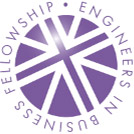Elevate – 2023
Back to Competitions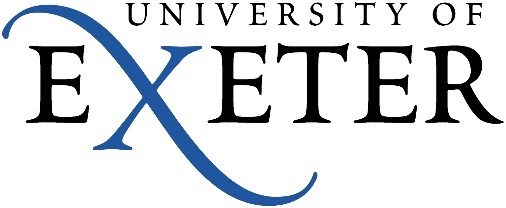 | Elevate 2023 was the University of Exeter’s fifth year participating in the Engineers in Business Competition and was led by the Student Startups Team. The annual Elevate pitching competition encourages and supports engineers who want to take their ideas from the drawing board to the marketplace. It is a unique opportunity for student engineers to access targeted early-stage venture creation support, exploring innovation beyond their curricular project-based learning. Eligible applicants include current and recently graduated engineering and computer science students as individual applicants or teams that contain at least one engineering and computer science student. This year’s competition saw 36 students participate with 17 teams pitching their entrepreneurial ideas to the panel of judges.
|
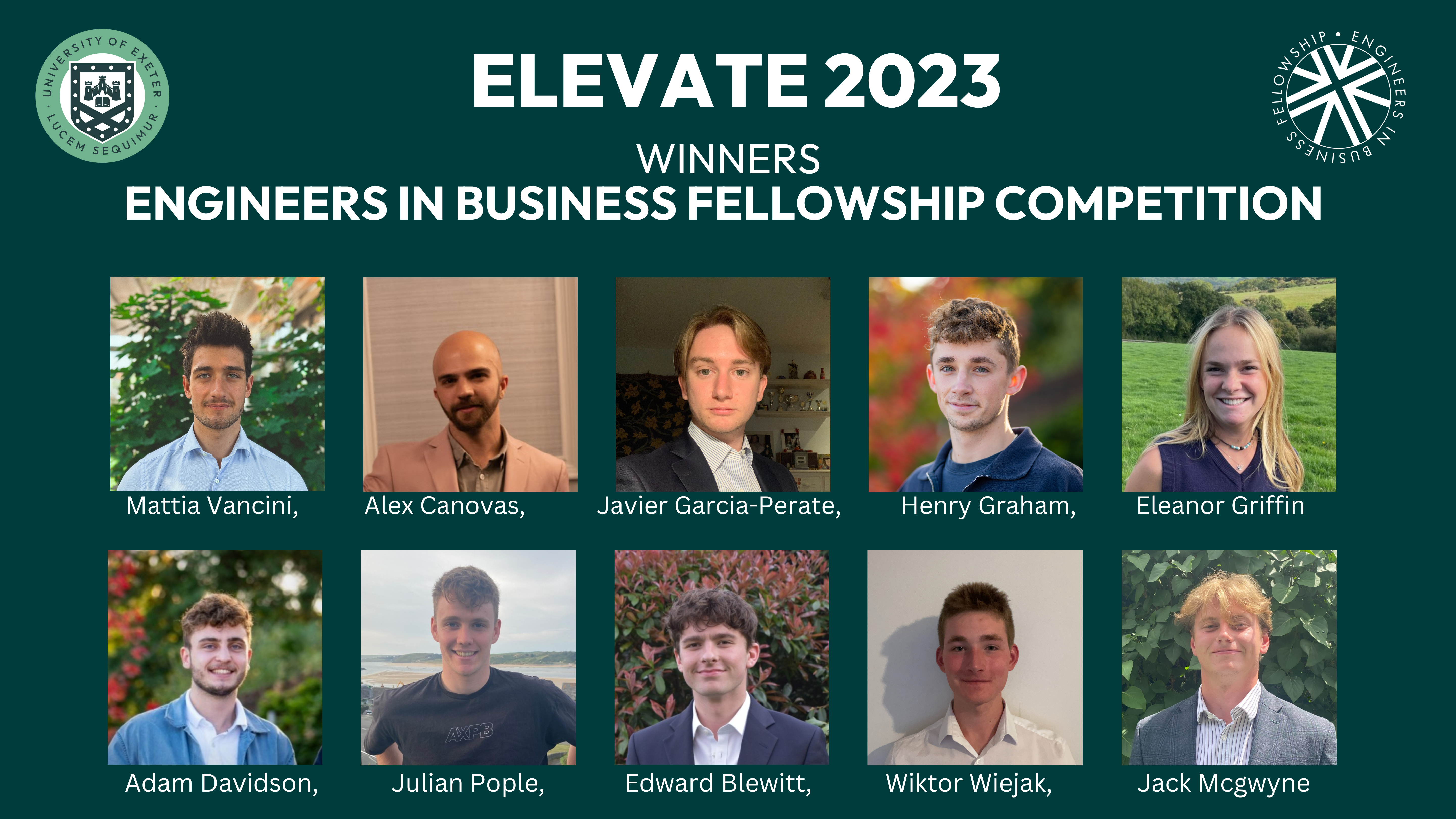
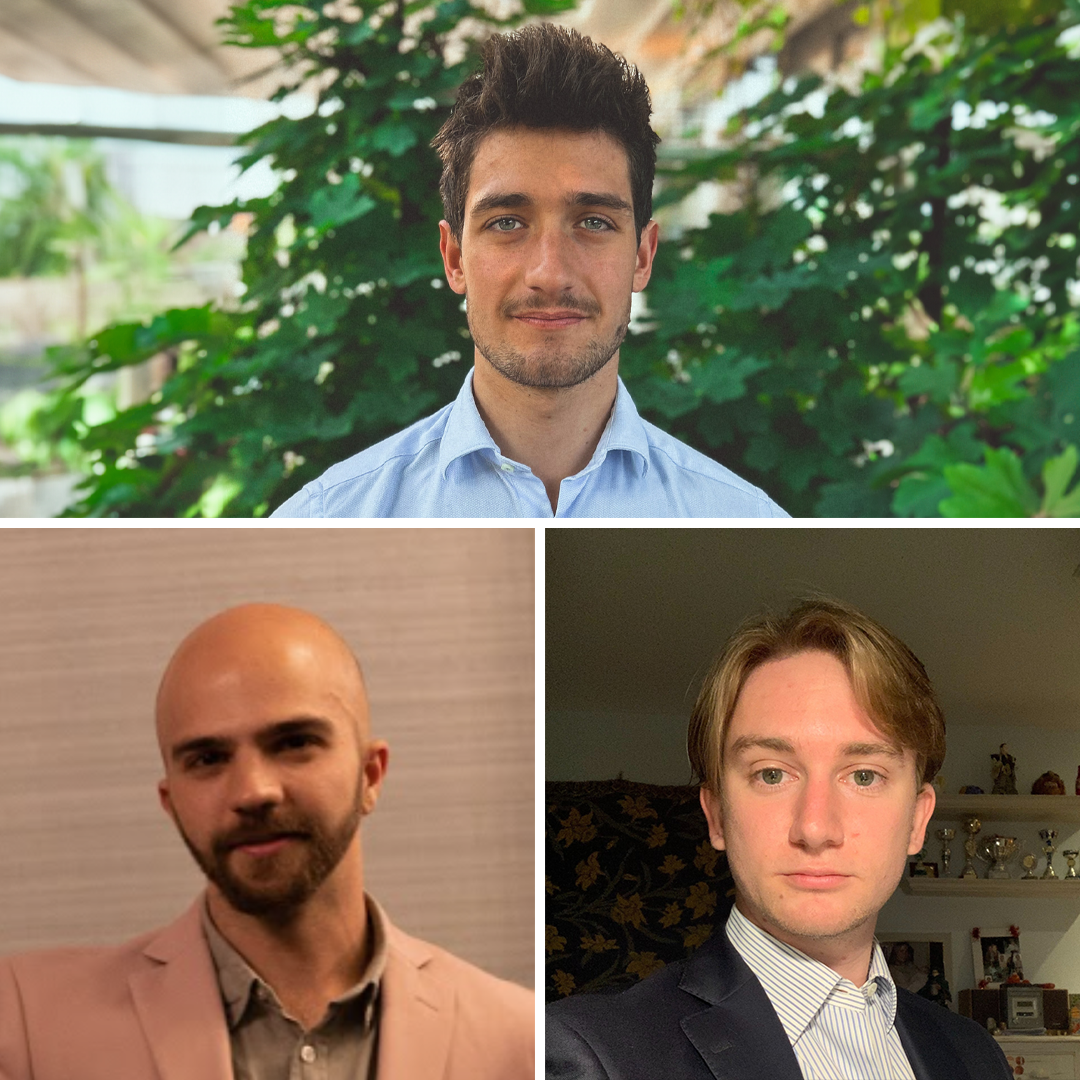
First Prize Winner: Barrel Bros
The Barrel Brothers comprise (top) Javier Larrain Garcia-Perate, Physics BSc; (left) Mattia Vancini, Bsc Business and Management and (right) Alex Viaplana Canovas, Bioengineering – they won a £1,000 Engineers in Business Prize.
Barrel Bros gives hospitality business owners and managers total visibility of their draft drinks operations through a powerful wireless monitoring system, bringing significant improvements in consumer experience and business profitability while eliminating guesswork for bartenders. This ensures that business owners understand how to be more efficient and increase profits while also ensuring that bartenders are happy and work in a stress-free environment.
Commenting on the innovation team leader Mattia Vancini said: “My team and I have been working on this idea for the past year. We participated in both the pre-incubator and Student Startup Pre-Incubator and Incubator programmes and were awarded full grants in both cases. We are still developing the full product, but we have a prototype that has been tested. However, we intend to test our complete product this year in a variety of bars that we have accumulated on our waiting lists this year in order to refine our product and user experience. We will then be able to start selling and ask for a larger investment since we will have a functional and durable product with market traction.”
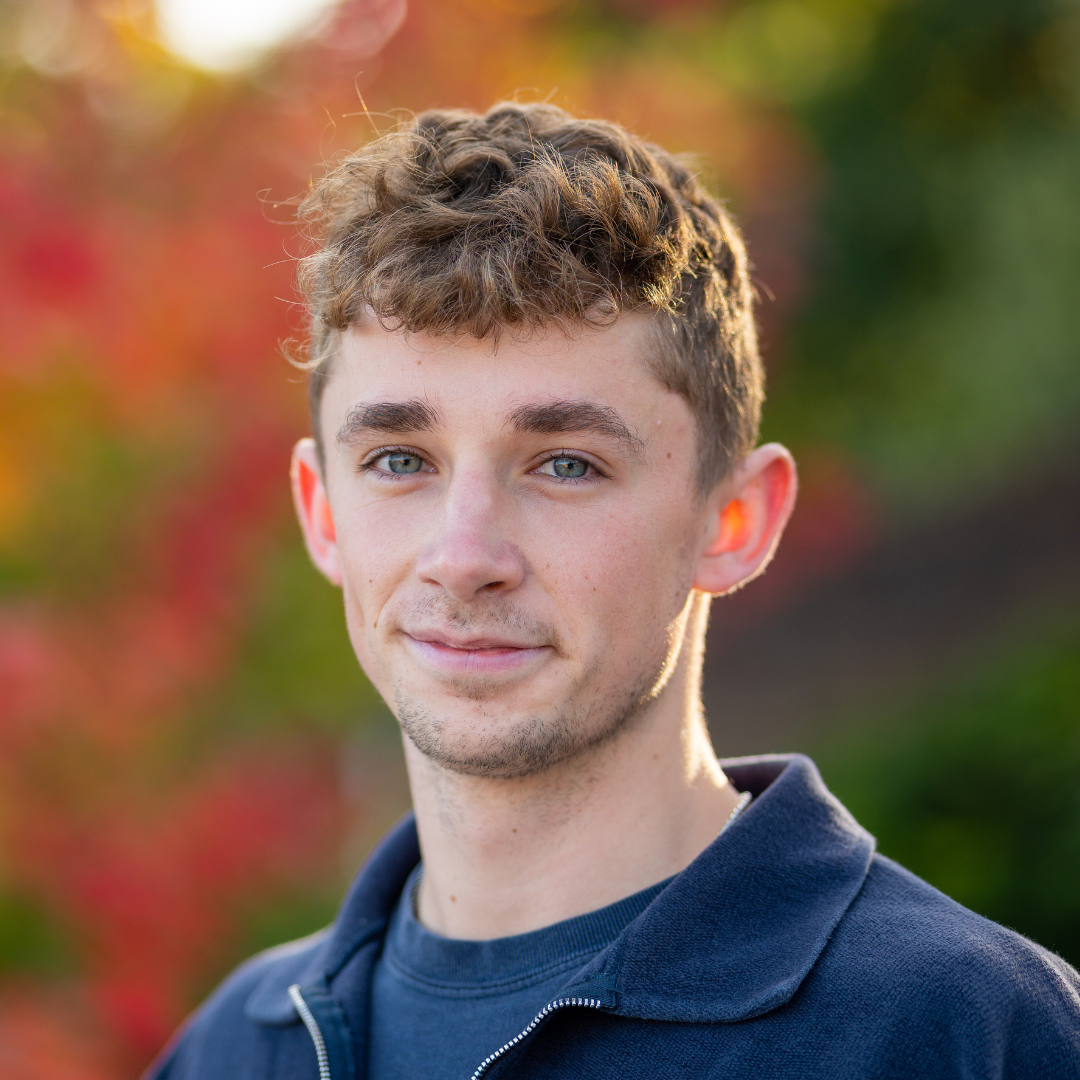
Second Prize Winner: ReCeat
Fourth-year MEng Engineering and Entrepreneurship student, Henry Graham won a £650 Engineers in Business prize for his innovation ReCeat.
ReCeat is an app that will keep track of the food you have in your home and be able to suggest recipes based on what you have and what is expiring soonest. It will help you save money on food shopping, reduce food waste, and save time and effort when it comes to planning, shopping, and cooking.
Henry said, “I have been working on the idea for five months and have taken it from ideation to the market validation stage it is at now. I have spoken to several app developers to discuss the validity of my idea and rough costings, but it is still in the design stage. The name is not yet trademarked but as soon as I have a final logo design I will apply for one. I am currently working on branding so that I can present myself more professionally to potential customers. I have volunteered with food hubs at home and in Exeter to get a better idea of systemic food waste and the current efforts being made to tackle it. I am planning on working with organisations like this to boost my app and also help raise awareness.”
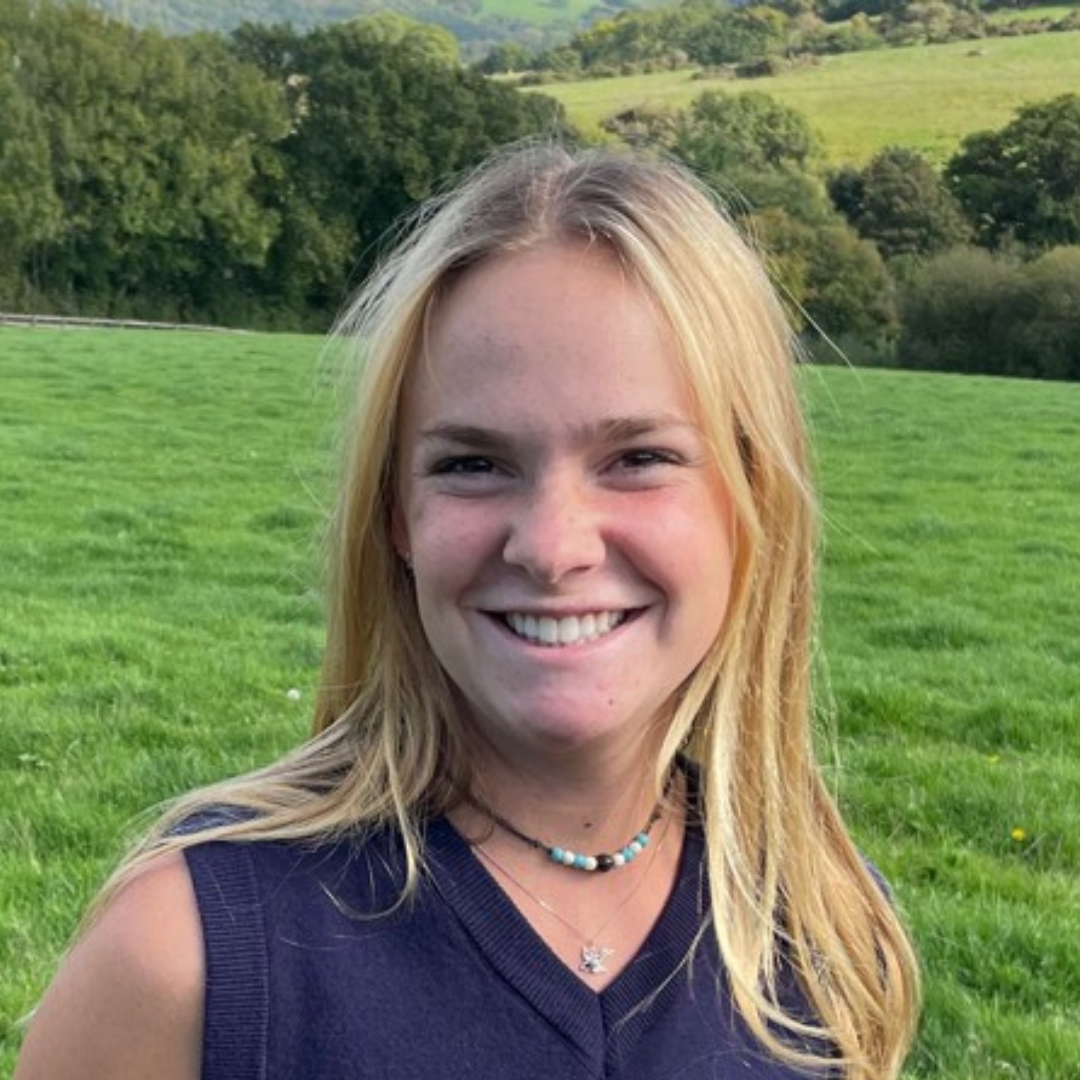
Third Prize Winner: Opas Guides LTD
Third-year MEng Engineering and Entrepreneurship student Eleanor Griffin won a £550 Engineers in Business prize for her innovation, Opas Guides.
Opas Guides makes surgery better through bespoke and individualised digital pre-operative planning. Opas provides 3D-printed jigs to reduce patient time under anaesthetic, surgery costs and recovery time, for hip replacement surgeries. CT scans of patients’ hips are used to build jigs/guides for use during operations that act as drill and placement guides. These guides are 3D printed in Medical Grade CE marked resins.
Opas Guides Surgical Jigs give surgeons the opportunity to transform pre-operative planning with physical jigs through an iterative design process, to ensure the outcome required and minimise risk during the operation. Guides are unique and patient-specific, giving surgeons the chance to discuss the operation with their patients beforehand and interact with the CAD models, improving informed consent and ensuring understanding of the process by patients, physiotherapists and family or loved ones.
Actively trading since last Autumn, Opas Guides is currently working on jigs for hip replacements with the hope of partnership or a contract with major replacement and resurfacing manufacturers Smith+Nephew and MatOrtho. Opas Guides currently offers one jig for use during hip resurfacing surgeries and have been investing in research and development to increase product range and effectiveness.
In addition to providing jigs to surgeons across the UK and abroad, Opas Guides hopes to provide jigs to surgeons and hospitals in developing countries, with the aim of making surgery cheaper and more accessible to everyone, regardless of where they live.
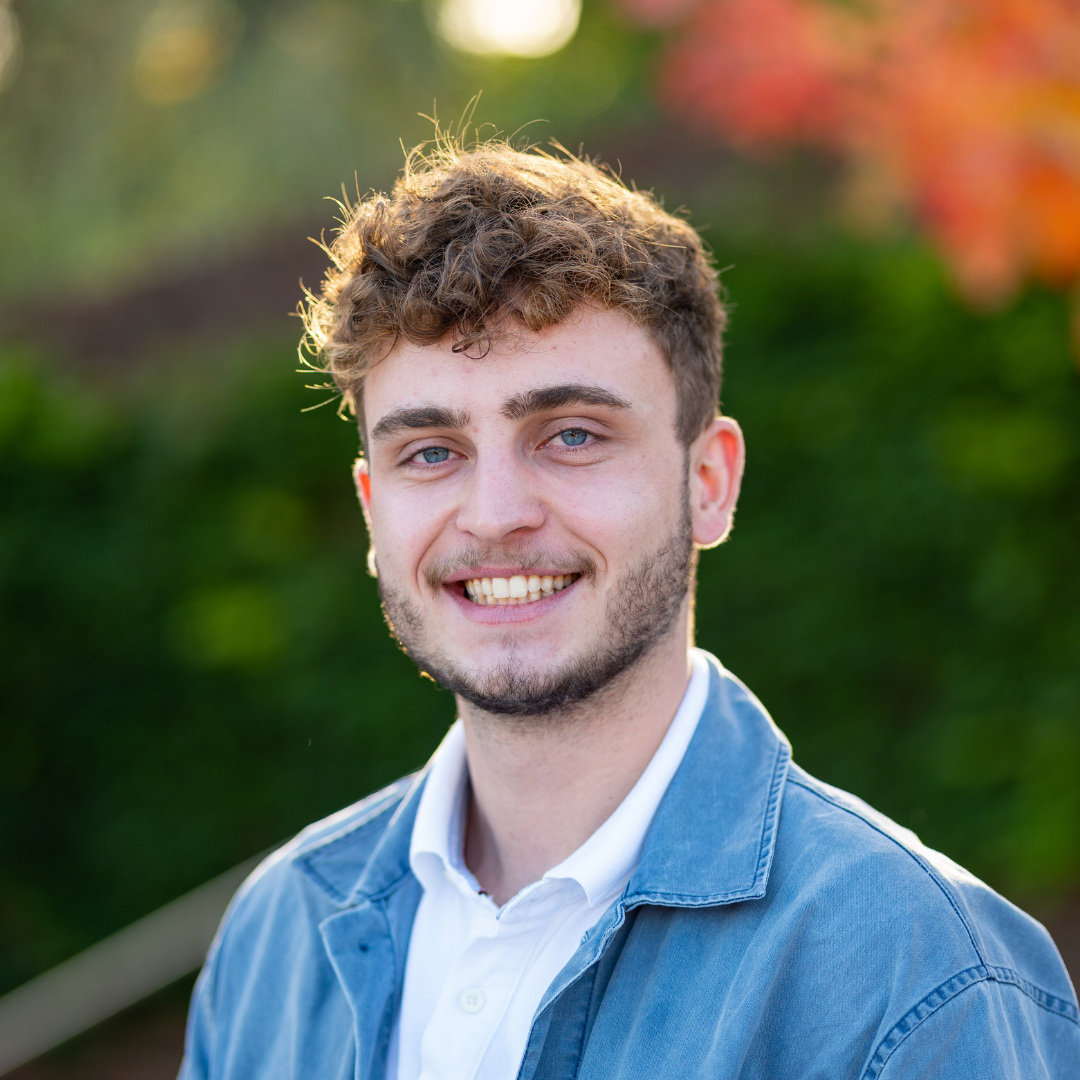
Fourth Prize Winner: AD Manufacturing
Fourth year Year MEng Engineering and Entrepreneurship, Adam Davidson, won a £300 Engineers in Business prize for his business, AD Manufacturing.
The business is designed to utilise automated 3D printers to manufacture the most sustainable and environmentally friendly plastic products like merchandise and gifts.
Utilising a state-of-the-art multi-material 3D printer the company can manufacture saleable multi-coloured products that are each personalised to specific customers. This unique selling point creates sentiment with the customer and consumer and increases the perceived value of the product. Furthermore, the novelty of the product will attract footfall to a point of sale on the Internet which will allow the sale of traditional products with no extra marketing costs.
Adam said, “I have completed the Student Startup pre-incubator programme and am currently validating the market with a minimum viable product which I plan to progress into a functioning start-up.”
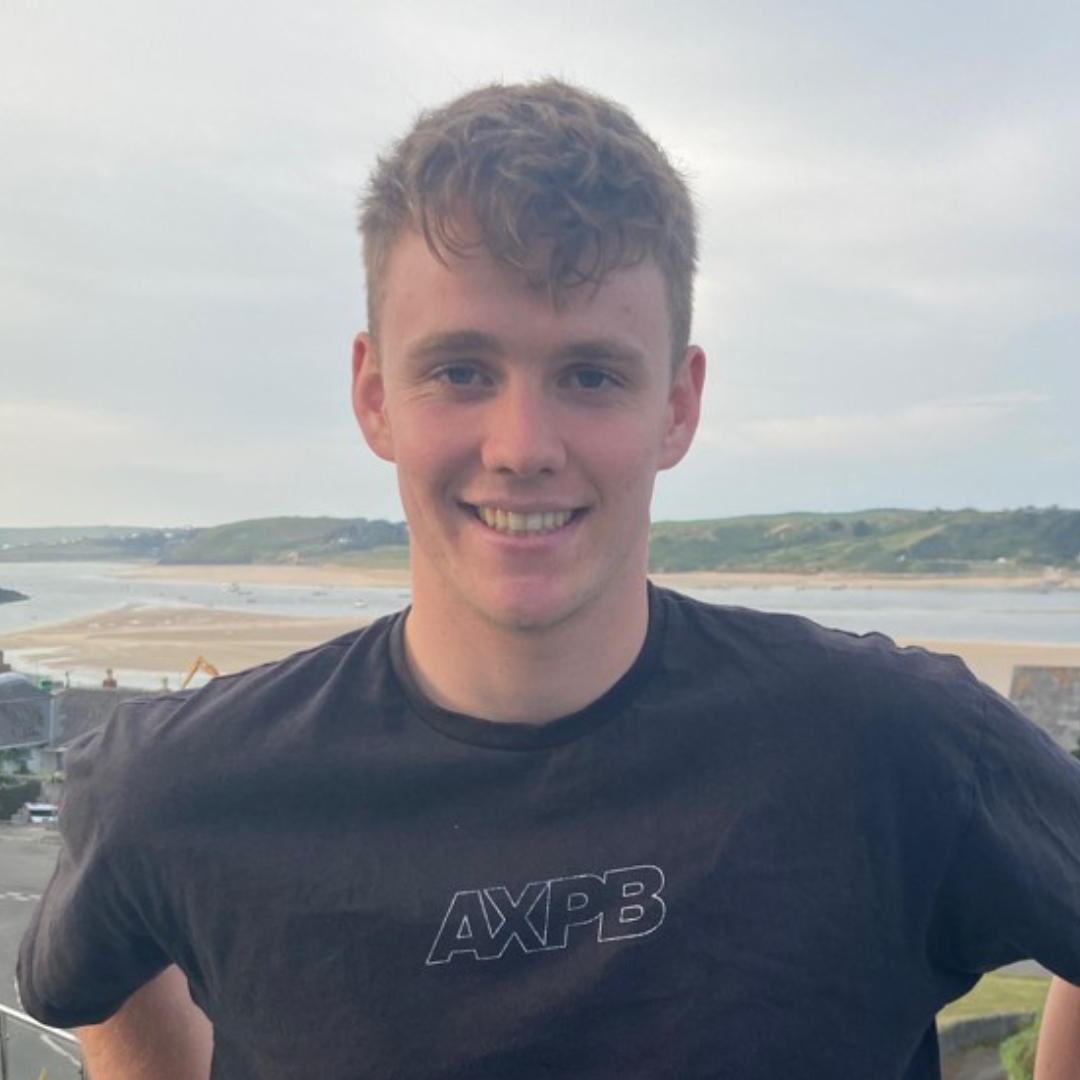
Fifth Prize Winner: Vilora Energy Storage
Third-year MEng Engineering and Entrepreneurship, Julian Pople, won a £300 Engineers in Business prize for his innovation Vilora Energy Storage
Vilora Energy Storage plans to design, produce, and sell energy storage for residential and corporate environments. The current problem with energy storage systems is a short life expectancy of 10-15 years. My design allows for cells/modules to be removed and replaced easily, extending the life expectancy of the system. The removed cells can be refurbished and cleaned if it is still in an operational state, which increases their capacity and reliability for re-use. This reduces costs both for the customer and the company due to expensive warranty claims.
Furthermore, removing parts of the battery efficiently, and the design of how they connect to the system, allows tests to be conducted quickly on-site to determine the root cause of any failures. There is a possibility of repurposing used electric vehicle batteries that can be integrated into the system the same way, extending the useful life of these batteries before they are recycled. There is a large scope to how batteries can be made, with different sizes, and applications available. Julian has various design ideas that may suit a residential or office environment more than the traditional boxy design.
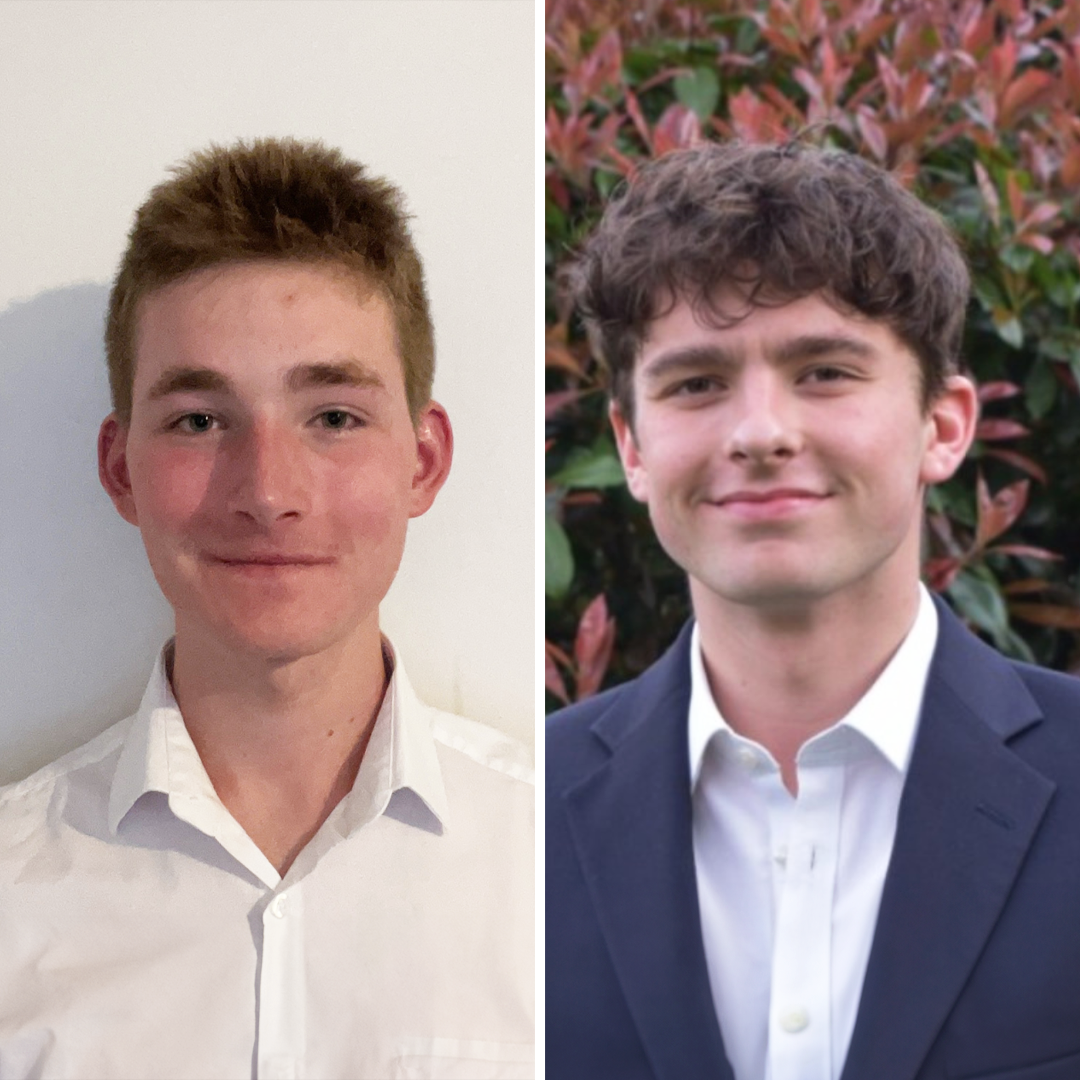
Sixth Prize Winner: MySoc
BSc Computer Science students (left) Edward Blewitt and (right) Wiktor Wiejak won a £150 Engineers in Business Prize for their innovation MySoc.
Currently, across the UK and the USA, university student societies use a huge mix of different systems and platforms for different parts of the process of advertising, taking registrations, and taking payments for student societies. Not to mention further ad-hoc methods used for committee management of societies and communication with society members. This is all very confusing and time-consuming for University students.
MySock aims to create a centralised online platform for university societies. It will provide a way for students to find societies, get memberships, get informed about events, and buy tickets. The platform will provide advanced features for committees to manage and organise their events, and for unions/student guilds to manage and create societies.
Edward Blewitt said, “Starting at the University of Exeter, we plan to expand out to as many UK Universities as possible. Currently, we are developing the web platform. We have already conducted market research into our idea and so far it looks very promising (with ~80% of students saying they find the current online system of societies overly complex and would want to try a centralised platform).”
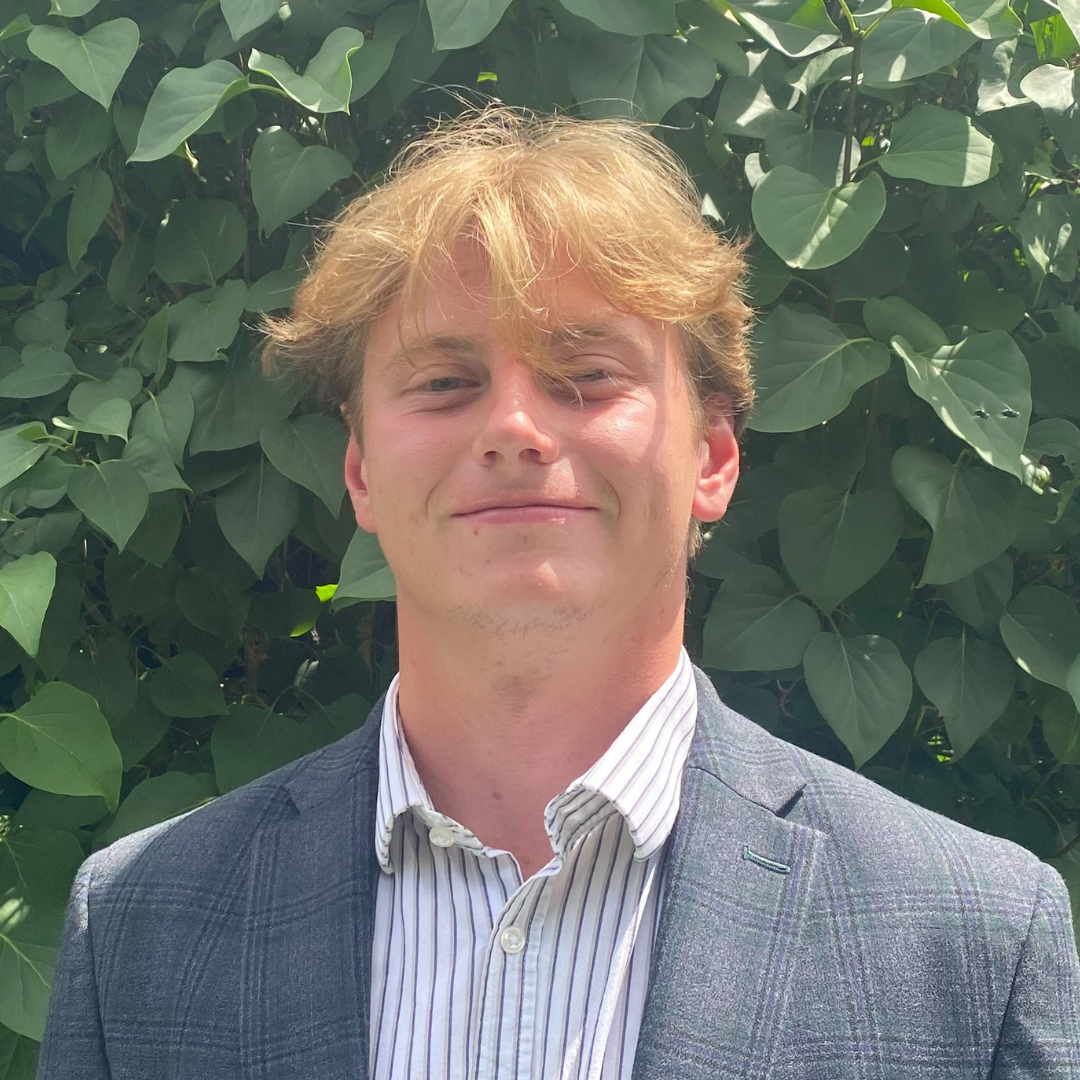
Seventh Prize Winner: Brain Shield/Boomfa
Third-year MEng Engineering and Entrepreneurship, Jack McGwyne won a £150 Engineers in Business Prize for his innovation Brain Shield/Boomfa.
The idea is to incorporate a strain gauge into a rugby head guard to increase player protection. This solution will provide real-time data to coaches and welfare officials on the sidelines showing the impacts players’ skulls are experiencing, this data will help reduce brain injury.
Jack said, “So far, I have completed research into target markets, legislation, the technology required, and any competitors currently offering this service. I have also found that real-time player tracking and wearable tech are already a major part of most popular high-performance sports leagues.
“I am hoping to fully develop a new product and provide a solution to the current issue within the rugby community surrounding player safety and the increase in red and yellow cards due to head collisions. I believe that this product will help expose the damage that can go hidden for years within players’ brains until it exhibits itself in later life as diseases such as Parkinson’s disease.”
Positive feedback
We are thrilled to see such a strong response to the Elevate Engineers in Business Competition this year. Building on Exeter’s well-established tradition of entrepreneurial innovation and interdisciplinary problem-solving. We believe that engineers have a unique perspective on innovation and problem-solving, and we are excited to support the University’s next generation of engineer-entrepreneurs as they bring their ideas to life.
Professor Ion Sucala
Head of Engineering
University of Exeter
